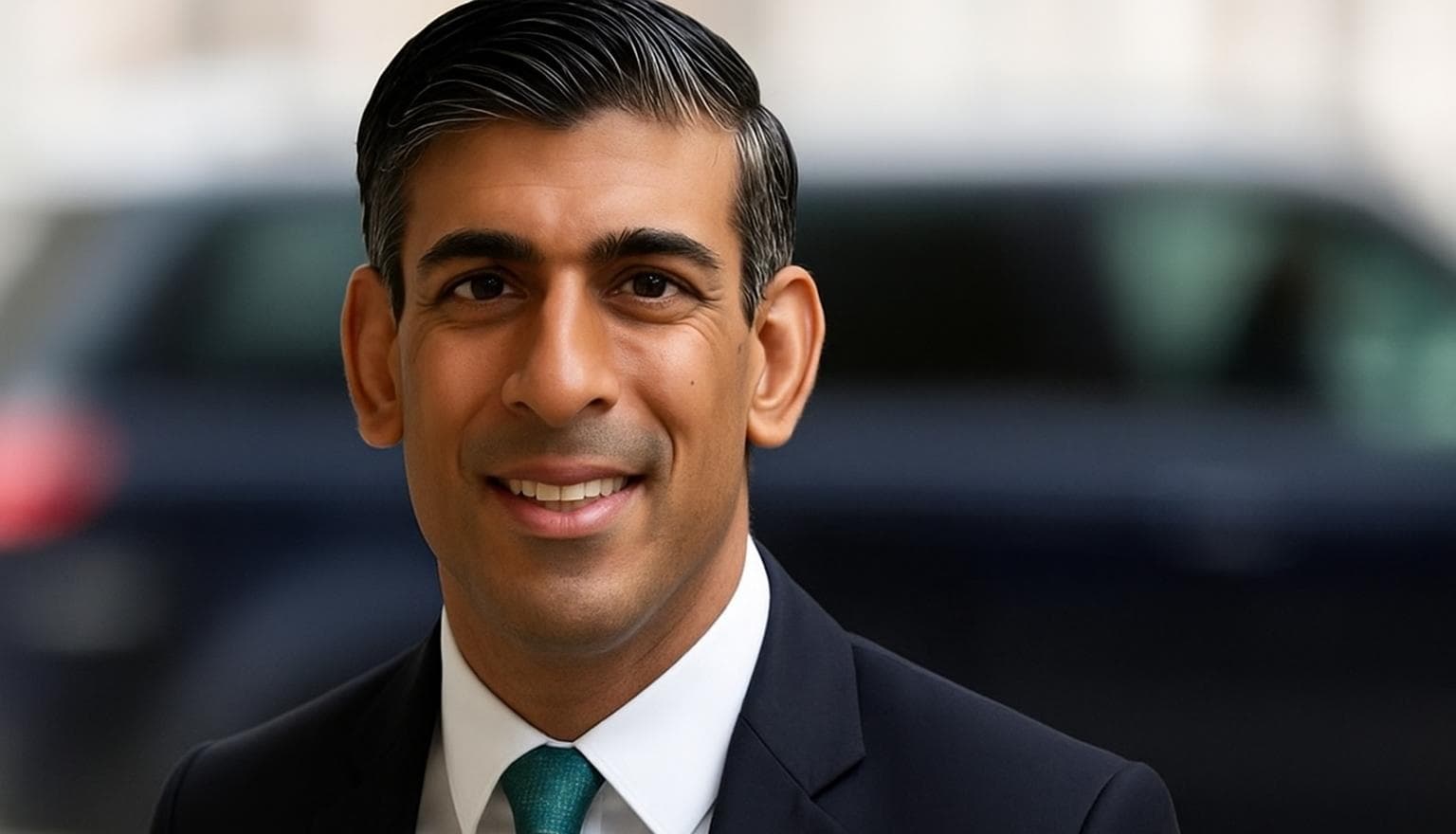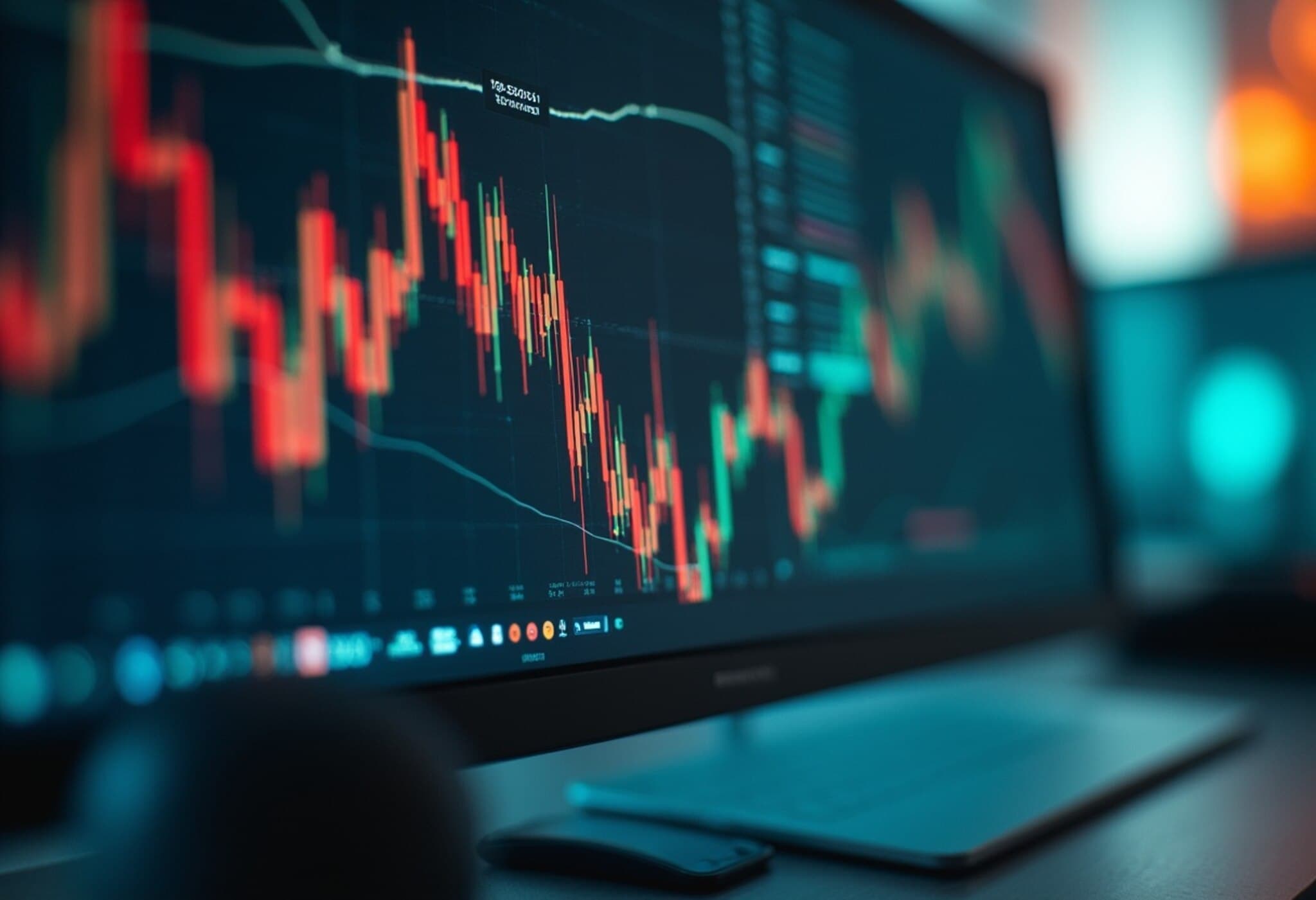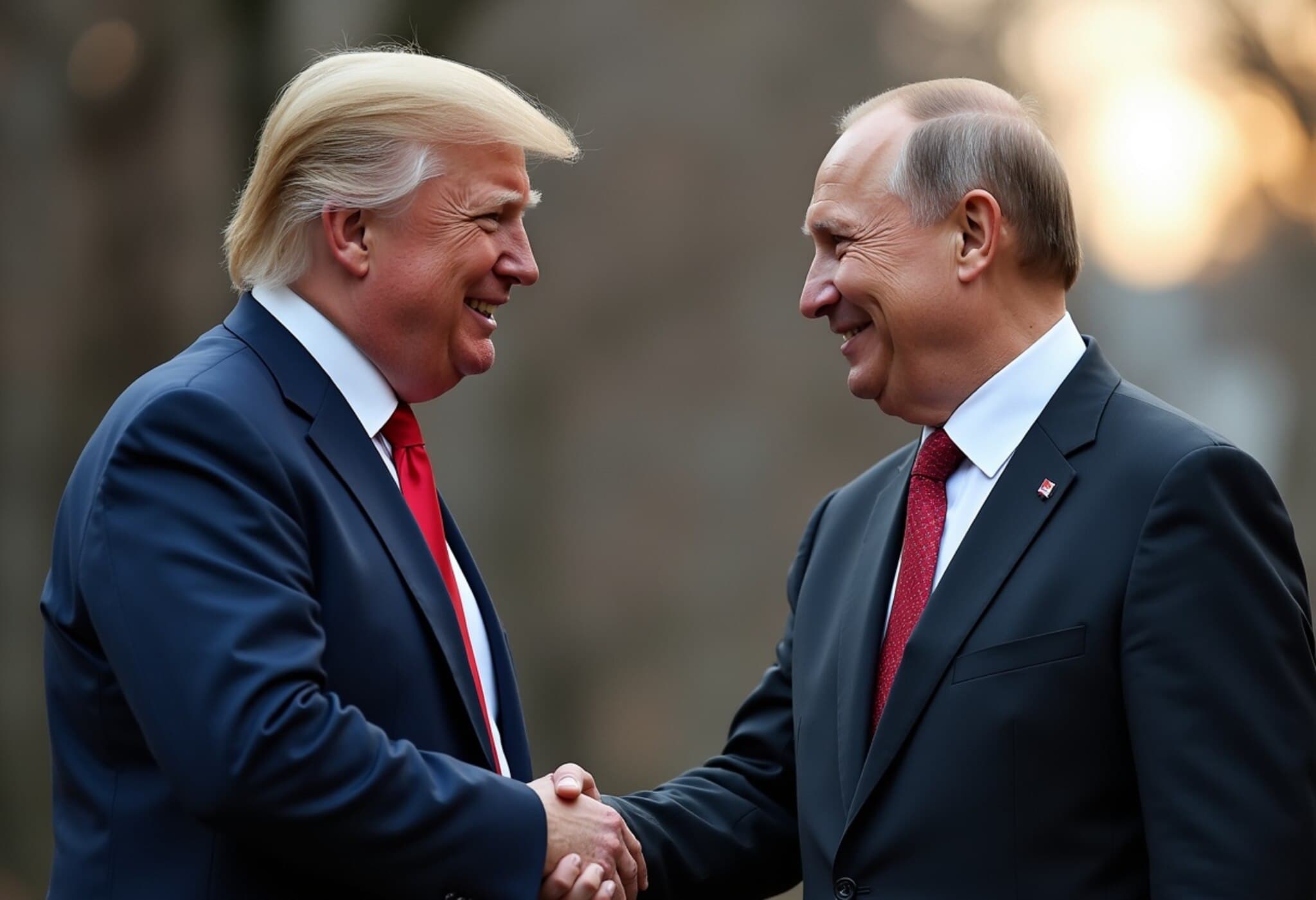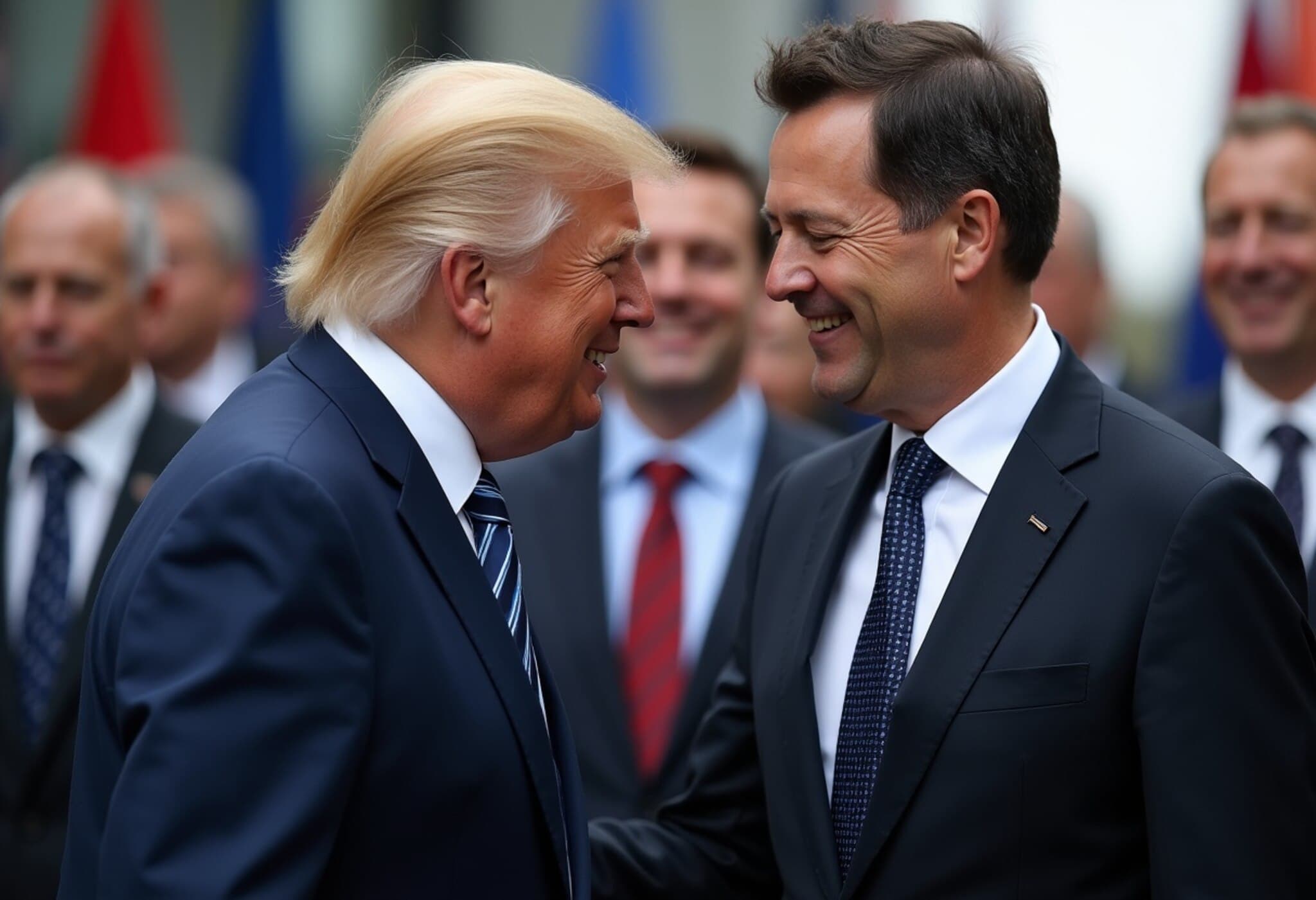European Defense Stocks Rally Faces Potential Slowdown
This year, European defense stocks have surged dramatically, fueled by robust government efforts to increase defense budgets amid growing geopolitical tensions. The Stoxx Europe Aerospace and Defense index has risen nearly 50% since January, with standout performers like Germany’s Renk, Rheinmetall, and Hensoldt more than doubling in value.
These gains come as the European Union pledged to mobilize up to €800 billion ($928 billion) toward security spending over coming years. The United Kingdom also signaled substantial increments in defense funding earlier this year, providing further momentum for the sector.
Citi’s Cautious Take: Downgrades Highlight Limitations
Despite the bullish trends, investment bank Citi recently cast a shadow over the rally. In a client note, equity analyst Charles Armitage downgraded Hensoldt, Renk, and Sweden’s Saab to “sell” ratings, citing concerns that these companies have likely priced in growth beyond realistic prospects.
These stocks have surged by approximately 174%, 260%, and 110% respectively in 2025. According to Armitage, the recent NATO summit in The Hague represents a peak moment for Western Europe’s aerospace and defense industry, with the strongest commitments on defense spending likely behind them.
NATO Spending Commitment: Impact and Challenges
Following the summit, NATO’s 32 member countries agreed to invest 5% of their GDP into defense by 2035. This includes 3.5% dedicated to core defense requirements and an additional 1.5% toward security and defense infrastructure.
While the market reacted positively, pushing up the Stoxx Aerospace and Defense index by 1.5% the day after the summit, Citi warns these spending targets might not see further upside—and could even face downside risks.
Future Outlook: More Skepticism on Growth Potential
Citi anticipates that the real debate will soon focus on whether European nations can actually meet these ambitious defense spending goals. According to Armitage's team, Hensoldt, Renk, and Saab are currently priced as if their market share and revenue growth will exceed what the 3.5% GDP defense spending framework realistically supports.
He adds, “There is little chance of upside to these targets, but some downside risk exists.” The immediate post-summit optimism is expected to wane as investors scrutinize the feasibility of sustained growth in the sector.
Other Analysts Echo Concerns
Citi isn’t alone in voicing caution. Bank of America also recently downgraded Renk and Saab, echoing fundamental concerns about their valuations. Analysts noted that many investors consider Renk’s shares overvalued relative to its current fundamentals, despite optimistic forecasts that it could grow into a €3 billion sales business by 2030. However, confidence remains shaky ahead of Renk’s upcoming Capital Markets Day in November.
On Saab, Bank of America highlighted limited medium-to-long-term revenue visibility compared to peers and its relatively narrow exposure to broader European defense budgets as factors tempering enthusiasm.
What This Means for Investors
- European defense stocks have enjoyed strong gains amid rising government spending, but major financial institutions are beginning to question the sustainability of that growth.
- Commitments by NATO members to increase defense budgets bring clarity, but ceilings on spending could limit upside potential for aerospace and defense companies.
- Market expectations may be overly optimistic, especially for firms like Hensoldt, Renk, and Saab, which have already seen stocks skyrocket this year.
Investors would be wise to weigh these warnings carefully as they assess risks in a sector riding on geopolitical uncertainty and government budgets.















